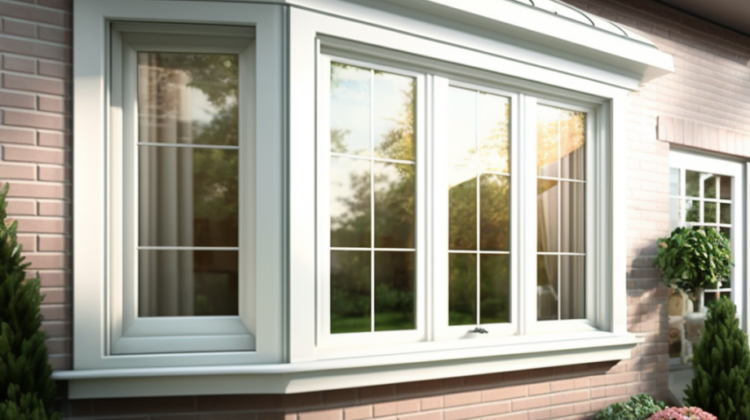
Windows play an essential role in our homes, not only in terms of ventilation but also in terms of aesthetics. The type of window you choose can significantly affect your home’s overall look and feel. Awning and casement windows are two popular options that offer unique benefits.
Awning windows are hinged at the top and swing outwards from the bottom, creating an awning-like effect. They are typically installed higher up on walls to provide ventilation while maintaining privacy. The design of awning windows is ideal for homes with high rainfall, as they can be left open even during light rain without water entering the house.
One of the main advantages of awning windows is their ability to maximize natural light and airflow. By installing awning windows higher up on walls, you can increase the amount of natural light entering your home while allowing for better airflow. This can help reduce the need for artificial lighting and air conditioning, leading to lower energy bills.
Another benefit of awning windows is their ease of use. Since they open from the bottom, they can be operated with a simple crank handle. This makes them ideal for hard-to-reach areas, such as above kitchen sinks or bathrooms.
On the other hand, casement windows are hinged at the side and swing outwards like a door. They are typically larger than awning windows and are often used as a focal point in living rooms or bedrooms. They offer a clear view of the outdoors and can be opened fully to provide maximum ventilation.
One of the critical benefits of casement windows is their energy efficiency. Since they close tightly against the frame, they provide an airtight seal that can help prevent drafts and reduce heat loss. This can lead to lower energy bills and a more comfortable living environment.
Another advantage of casement windows is their versatility. They come in various sizes and styles, making them suitable for home designs. They can be installed individually or combined to create a larger, more dramatic window.
When choosing between awning and casement windows, there are a few factors to consider. Firstly, consider the location of the window and the amount of natural light and ventilation you require. If you live in an area with high rainfall, awning windows may be a better choice as they can be left open during light rain. If you want a large, versatile window that offers energy efficiency and a clear view of the outdoors, casement windows may be the way to go.
Secondly, consider the style of your home. Awning windows are typically better suited for modern or contemporary homes, while casement windows are more versatile and can be used in various home styles.
Both awning and casement windows offer unique benefits that can enhance the look and feel of your home. The choice between the two ultimately comes down to your specific needs and preferences. Regardless of which option you choose, investing in high-quality windows can improve your home‘s energy efficiency, comfort, and overall value.
